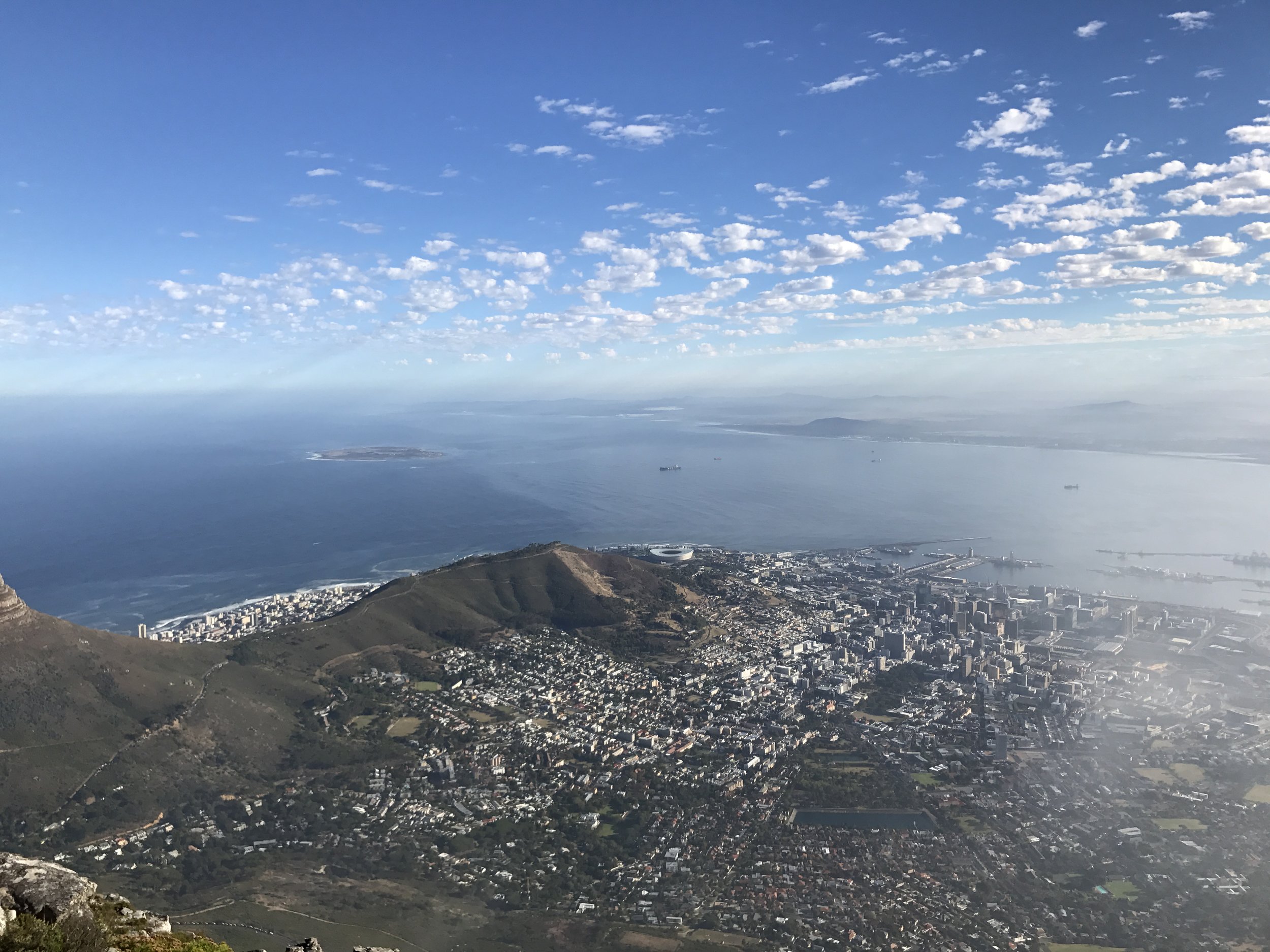
Why Africa?A lot has been written about the emerging tech ecosystem in Africa recently. After reading multiple articles and books including “The Lion Awakes: Adventures in Africa’s Economic Miracle“ by Ashish Thakkar, we were inspired to see it for ourselves. Danny from our team booked a one-way ticket to Sub-Saharan Africa, and arranged to meet with founders, investors, accelerators and government officials in some of the most innovative cities from the region.When you consider some of the macro factors, on paper there is so much potential on the continent. There are more than a billion people, 200 million of them are aged 15-24 and some of the fastest growing economies in the world are here. While many countries have had sustained double-digit economic growth for a number of years, each country has its own unique challenges. Therefore, scaling a business across borders is more difficult. As a result of this and other factors, African startups only managed to secure $129m in VC funding during 2016 out of the $127.4B invested across the world last year (Less than 1% of the total).InsightsMy first stop was Addis Ababa in Ethiopia. Over the past 15 years, annual economic growth here has hovered around 10%, therefore I was surprised to find a lack of basic infrastructure in a lot of the city. Out of all the cities I visited, their startup ecosystem was the least mature. It’s also one of the more difficult to do business in. Setting up a company takes a few months if you’re lucky, there are inconsistencies in regulations and access to Forex is limited. Plus, there are frequent internet outages.Despite these challenges, Ethiopia is a huge market of 100 million+ people and there is a growing middle class. Agriculture is by far the largest contributor to Ethiopia’s economy employing 85% of the population and the potential to increase yields through tech is huge. Some commentators suggest total output in the sector could be tripled quite easily. Blue Moon, the city’s third incubator, opened recently to support young AgTech (Agriculture Tech) companies do just that.Next stop was Nairobi whose tech ecosystem is 20 years ahead of Addis according to sources on both sides of the border. Nairobi is no doubt one of the top hubs for startups in Africa. Everyone you meet seems to have an idea for an app or a startup. Accelerator and Incubator programs are plentiful including one of the most famous in Africa – iHub and a new ‘MakerSpace’ called Gearbox to help local entrepreneurs prototype in Nairobi.Nairobi is home to the famous M-Pesa mobile money transfer technology launched in 2007, years before Apple pay. Despite taking over the market in Kenya quite quickly, it has found it tough to scale into surrounding countries due to different regulations in the banking & telco sector. They launched in South Africa four times before giving up on the idea.Kampala (Uganda) doesn’t get the attention like Nairobi but is a fantastic place to build a business. It’s very cheap and quite a liveable city. It’s easier to test a business model in this smaller market and iterate quicker without being at risk of copycat models like in Nairobi. One of the biggest challenges founders here identified was the lack of talented software engineers – a problem in all African cities I visited.Kigali in Rwanda is an inspirational city. It feels similar to Kampala in terms of liveability, costs and great co-working spaces with even better infrastructure. It’s the most pro-business city & nation I visited. You can set up a business online in a couple of hours without the need for a local co-founder. Similar to Kampala, they face the same talent when it comes to engineering staff but it’s incredible to see how far they have come as a nation since the genocide that divided the country in 1994.South Africa is where I ended my trip visiting Cape Town and Johannesburg. it’s regarded as one of the most developed countries in Africa and has a large population of 55 million. According to sources on the ground, only 4 million people have discretionary income thus reducing the potential market size for a lot of consumer products.Silicon Cape refers to the buzzing tech scene in Cape Town. Being such a beautiful and culturally rich city, it attracts many wealthy individuals from Africa and Europe who choose to live there. As a result, there are better opportunities to attract Angel investment than any other city in Sub-Saharan Africa. When in Johannesburg I met with the team behind the new UNFPA Innovation Accelerator program. The accelerator, whose first cohort graduated in December 2016, focuses on helping entrepreneurs who are solving challenges in the sexual health and reproduction space. It’s refreshing to see NGOs like the UN & others innovating in the aid space.What’s needed?I don’t like to generalize but there are some problems that are universal to each of the cities mentioned. Here are the top 5 challenges preventing startups from scaling:
- Lack of VC / Impact Investment money: After Angel investment or grant funding, there are limited opportunities;
- Small talent pool: Lack of both skilled engineers/developers and business savvy personnel to build effective teams;
- Expensive loans: Banks charge 15% + interest rates and require collateral to give out even small business loans;
- Lack of pitch training among local entrepreneurs: Expat entrepreneurs are winning the lion’s share of pitching competitions due to better communication skills;
- Regulation: Entering new markets is tough due to complex regulations that exist in each and there is very little harmonization
OutlookDespite many challenges, these countries and cities are on an upward trajectory and should not be ignored as a place to invest or do business. As their ecosystems mature and more talent becomes available, there is scope for investors to make long term returns and impact the lives of millions. Would you consider doing business in Sub-Saharan Africa? Let us know your thoughts.

